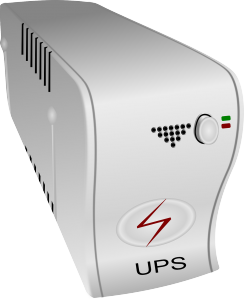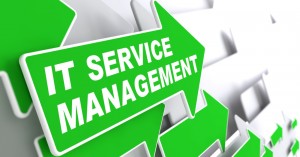
Over this past Memorial Day weekend, British Airways (BA) suffered a major systems failure, leaving tens of thousands of travelers stranded. Around 800 flights were canceled as London’s two major hubs were trying to make sense of the chaos. Although all systems are up and running and air travel has resumed, there are a few questions that are still plaguing this extreme disruption – what caused the problem, and how can it be avoided? Whether you’re a major airline or a small independent business, a system failure can be incredibly costly, even detrimental to business. As far as BA, we think they’ll make it through, but it’s too early to tell just how costly – both in reputation and financially – this disruption will be for the airline. However, there are important lessons that we can all learn from BA’s system failure.
 What caused the system failure?
What caused the system failure?
At this time, BA has determined that the problem was not an IT error or equipment failure, but rather, human error. They believe that an IT contractor accidentally switched off the power to the Uninterruptible Power Supply (UPS) to the key data center. So, they shut off the very thing that was put in place to prevent this situation. Irony at work. With the UPS down, the whole data center was left vulnerable.
Preventing system failure
The first step to keeping your data and systems safe is to monitor the power supply and usage. Because much equipment is sensitive to a certain voltage, you always need to monitor the power usage. Not only will monitoring help you be more efficient with your energy usage, but you can prevent system outages and equipment failure due to sudden power surges or a power outage. Both a surge and an outage can wreak havoc on your system. Just like you need to monitor and manage the temperature and moisture level in the data center, you also need to pay just as much attention to the power.
UPS/Surge protection
Of course, the BA failure was due to a disruption in the systems set in place to protect the center in the event of a surge or an outage. However, if you have a server room, data center, or any piece of vital company equipment that relies on a steady flow of power, you need to put in place UPS or surge protection. If you can’t afford to have your own IT department to monitor your power, work with a third-party IT management company to help you come up with the best solution to protect your data, systems, and equipment.
 A UPS doesn’t just ensure that your system is getting a steady stream of power, but it can also act as a backup generator in the event of a power outage. Of course, the last step is to make sure you place your UPS in a place where someone cannot accidentally switch it off!!!
A UPS doesn’t just ensure that your system is getting a steady stream of power, but it can also act as a backup generator in the event of a power outage. Of course, the last step is to make sure you place your UPS in a place where someone cannot accidentally switch it off!!!
Managed IT solutions in Denver
Our IT team can help you set up UPS and surge protection for your data center, server room, or other. Having a UPS or surge protection can save your business in the event of a power failure, whether it’s caused by human error or an act of God. No matter the size of your business, always have safeguards in place to protect your data.
Contact us today about your needs, and we will put together a quote for you.

